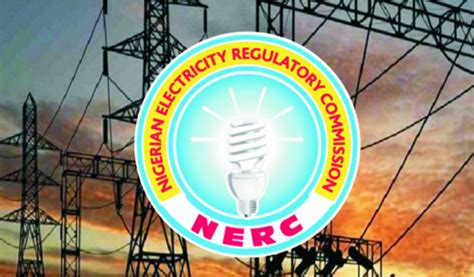In a bold initiative to boost Nigeria’s electricity transmission capacity, the Nigerian Electricity Regulatory Commission (NERC) has announced the creation of a Transmission Infrastructure Fund (TIF), to be financed through a new tariff levy of N2.17 per kilowatt-hour (kWh) of energy consumed.
This development, unveiled in the May 2025 edition of the Multi-Year Tariff Order (MYTO), is aimed at addressing critical gaps in the country’s power transmission network. According to NERC, the fund will serve as a dedicated financial pool for essential infrastructure projects and innovative upgrades across the Nigerian Electricity Supply Industry (NESI).
“This Order (MYTO May 2025) provides for the establishment of a Transmission Infrastructure Fund to support the financing of essential transmission infrastructure projects and innovative initiatives needed to enhance transmission services within the NESI,” the Commission stated.
The fund, which will be centrally managed, is also expected to serve as a platform to attract private sector investment and vendor financing through Public-Private Partnership (PPP) arrangements. The Commission noted that the N2.17/kWh levy will apply to energy delivered to grid-connected distribution companies, forming a consistent contribution base from market participants.
Despite the introduction of this new charge, NERC confirmed that electricity tariffs will remain unchanged for the month of May. Customers in Band A will continue to pay N209.5/kWh, while Bands B to E will retain the frozen tariff rates first implemented in December 2022.
Industry stakeholders have responded to the initiative with cautious optimism. Executive Director of PowerUp Nigeria, Adetayo Adegbemle had clarified that the levy will not affect the actual electricity bills paid by consumers.
“Think of it like the Meter Acquisition Fund, which was introduced into the MYTO by NERC without changing the tariff payable by consumers,” Adegbemle said. “The N2.17 will be contributed by the market in a manner similar to how the contributory pension scheme operates.”
He further emphasized the importance of transparency and effective governance in the fund’s deployment. “The main issue is not in financing the fund but ensuring it is well managed. I strongly believe it will enhance the market’s capacity to improve transmission infrastructure by accumulating significant capital, just as the Meter Acquisition Fund has done,” he said.
Adegbemle urged NERC and relevant agencies to prioritize accountability in implementing the TIF, stressing that investments must be channeled into projects that deliver measurable improvements in grid reliability and capacity.







